Why choose us?
Psychometric profiles are provided on all candidates to ensure they have the traits to succeed in your business.

Essential Guide to Ethical Interviewing in 2025
Ethical recruitment practices aren't just nice-to-have – they're business-critical. With social media amplifying every misstep and Gen Z candidates prioritising workplace values more than ever, your interview process speaks volumes about your company culture before a candidate even signs their contract.
Why Ethical Interviewing Matters More Than Ever
Recent data from the CIPD (2025) shows that 78% of job seekers would decline an offer from a company with poor ethical recruitment practices. Beyond reputation damage, there are legal ramifications – the Equality Act 2010 protections have been strengthened in recent years, with tribunals becoming increasingly strict on interview malpractice.
Conquering Unconscious Bias in 2025
While we'd all like to believe we judge candidates purely on merit, neuroscience confirms our brains make snap judgements within milliseconds. The challenge? These automatic associations can undermine even the most well-intentioned hiring manager. Preventing unconscious bias is crucial for hiring success.
Modern manifestations of unconscious bias now include:
- Digital bias - favouring candidates who use similar communication styles in video interviews
- Neurodiversity oversight - misinterpreting atypical interview behaviours
- Hybrid work assumptions - unconscious preference for candidates whose working style matches your own
Practical Strategies to Neutralise Bias
- Standardise your approach: Implement structured interviews with identical questions for all candidates, scored against predefined criteria.
- Embrace blind recruitment: Use software to redact identifying details from CVs before shortlisting.
- Diversify your panel: Include interviewers from different departments, backgrounds and seniority levels.
- Leverage technology wisely: While AI screening tools have improved since Amazon's 2018 mishap, they're not a silver bullet. Use them to augment human judgement, not replace it.
The 2025 Interview Question Minefield
What seems like harmless small talk could land you in legal trouble. These topics remain strictly off-limits:
Protected characteristics under the Equality Act:
- Age or generation (including questions about graduation dates)
- Marital status, pregnancy or family plans
- Religion, beliefs or cultural practices
- Health conditions or neurodiversity (unless discussing reasonable adjustments)
- Sexual orientation or gender identity
- Political affiliations (especially sensitive in today's polarised climate)
Future-Proof Your Process
Forward-thinking companies are now:
- Implementing "values-based interviewing" to assess cultural add rather than cultural fit
- Providing unconscious bias training specifically for virtual interviews
- Using skills-based assessments rather than relying solely on interview performance
- Collecting candidate feedback on their interview experience to identify blind spots
Your 2025 Ethical Interviewing Checklist
- Review your interview questions against the latest Equality Act guidance
- Train all hiring managers on modern unconscious bias challenges
- Implement a standardised scoring system for all candidates
- Consider piloting blind recruitment for certain roles
- Create an interview charter that all staff must acknowledge
Aaron Wallis Sales Recruitment are specialists in ethical recruitment processes and can help with your vacancy today, simply call 01908 061400.
Navigate our advice on recruitment planning:
by clicking the following icons:
Employer Advice Categories
Navigate our other Employers Advice categories by clicking the following icons:
Date published: 1st August 2025

by Rob Scott
Managing Director

About the author
Rob Scott
Please call us to discuss your vacancy
From our blog
Our employers say...
Our candidates say...










